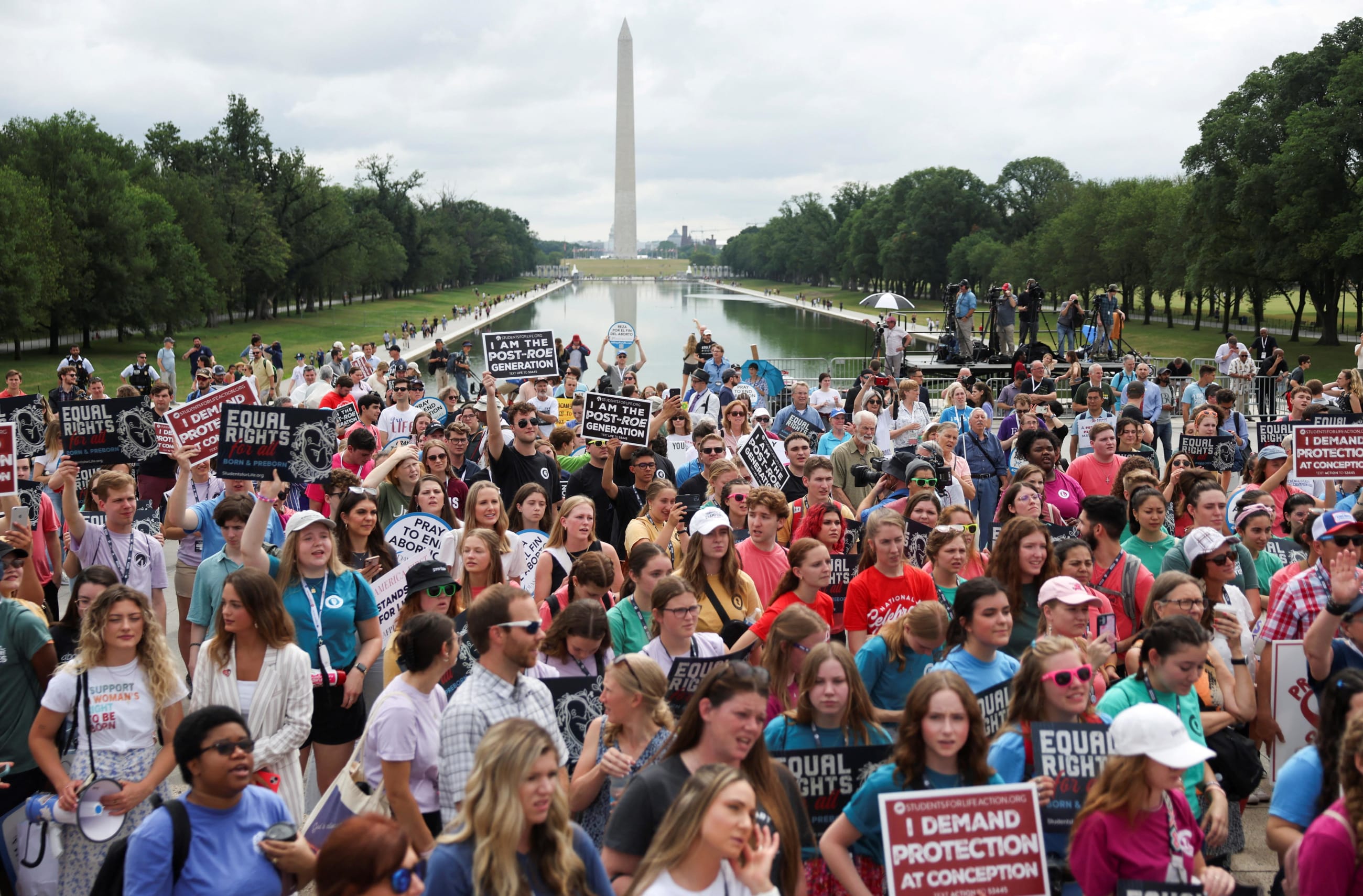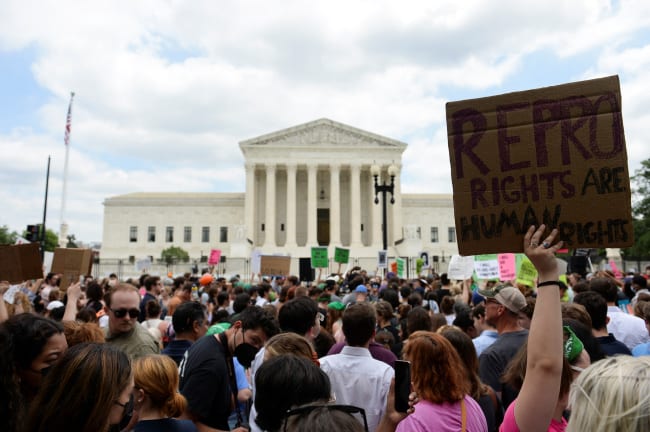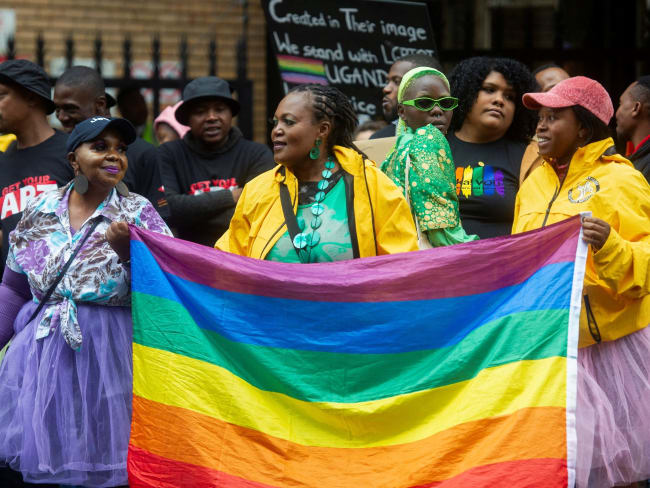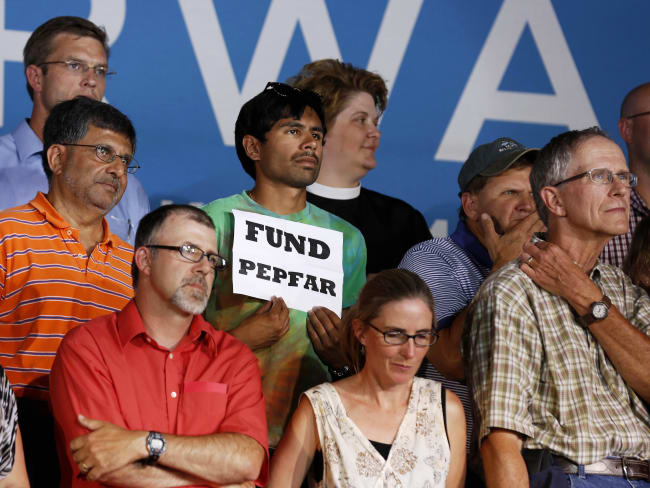The President's Emergency Plan for AIDS Relief (PEPFAR) is one of the most important U.S. global health programs ever undertaken. Media reports, however, indicate that congressional reauthorization of PEPFAR is in jeopardy. Anti-abortion advocates argue that President Joe Biden "has hijacked PEPFAR . . . to promote abortion on demand." These advocates want reauthorization to ban PEPFAR from funding organizations that engage in any abortion-related activities, which has raised alarms that U.S. abortion politics could damage PEPFAR.
The controversy reveals important things about the national and international politics shaping U.S. foreign policy. The bipartisanship associated with PEPFAR is vulnerable to the polarization now characterizing American politics. This divisiveness connects with disagreements about what national interests U.S. foreign policy should pursue. The brawl over PEPFAR presages difficulties ahead for U.S. efforts to address health threats from pandemics and climate change.
The bipartisanship associated with PEPFAR is vulnerable to the polarization now characterizing American politics.
Exiting the Mexico City Roundabout
Abortion politics have long informed U.S. foreign policy. Before PEPFAR, Congress had prohibited foreign aid for family planning from being spent on abortion services, research, and lobbying. U.S. foreign policy has also seen disagreement over abortion through executive-branch actions concerning the so-called Mexico City policy applied by Republican presidents since Ronald Reagan and rescinded by Democratic ones since Bill Clinton.
As described by KFF, the Mexico City policy "has required foreign NGOs to certify that they will not 'perform or actively promote abortion as a method of family planning' using funds from any source (including non-U.S. funds) as a condition of receiving U.S. global family planning assistance." President Donald Trump expanded this requirement to apply to PEPFAR and other bilateral global health aid. President Biden revoked the expanded policy.
In essence, anti-abortion advocates want the Trump-era policy enshrined into law under a reauthorized PEPFAR. This outcome would end the round-and-round foreign aid cycle on abortion. The need to reauthorize PEPFAR permits pro-life forces — energized by the Supreme Court's elimination of the constitutional right to abortion and state legislative restrictions on abortion — to embed their position in the law governing U.S. global health policy.
The Republican majority in the House of Representatives gives anti-abortion advocates leverage to pressure pro-life Republicans to change PEPFAR. This strategy blames President Biden for abusing PEPFAR to increase abortion access and advance a pro-LGBTQ+ agenda, a framing that taps conservative dislike for Biden, abortion, and LGBTQ+ rights.
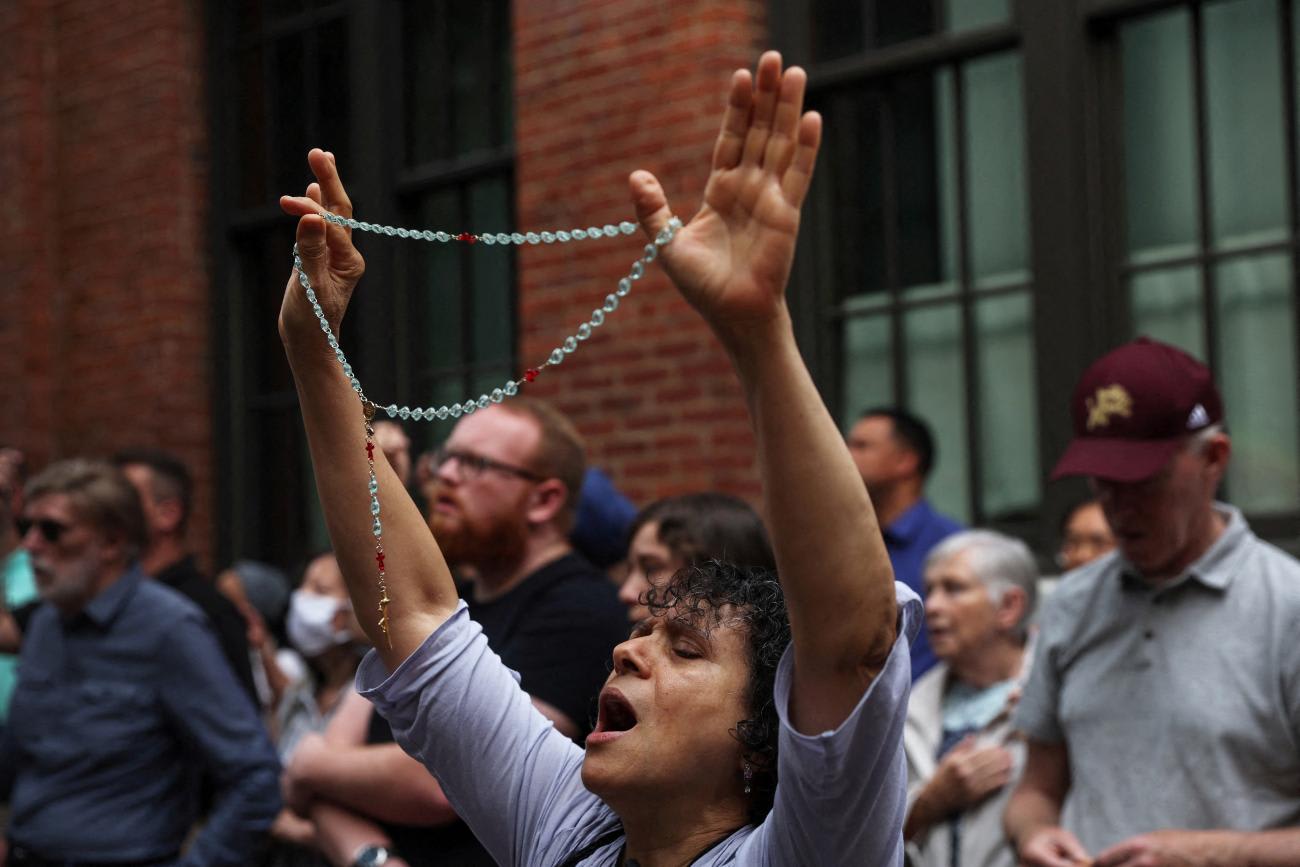
Act Local, Act Global
Linking abortion and PEPFAR's reauthorization underscores the importance of the domestic sources of foreign policy. The maxim that "politics stops at the water's edge" is not the best guide to U.S. foreign policy when domestic politics are contested within a divided country. American politics have transformed over the past decade by the rise of nationalism, populism, polarization, and mistrust of public institutions. This transformation has reshaped foreign policy.
Those changes have affected U.S. global health policies. The national turmoil associated with COVID-19 became an enduring feature of the crisis — turmoil that continues in competing political assessments of the pandemic. The quagmire of political disagreement about climate change hampers U.S. responses against this threat to domestic and global health.
Before the reauthorization controversy, PEPFAR had weathered the Mexico City policy roundabout to become an effective aid program often compared with the Marshall Plan implemented after World War II. That policy cycle did not undermine bipartisan support for PEPFAR for twenty years. However, the seismic changes in American politics are now causing tremors for PEPFAR.
Politics Are Not All Local
The reauthorization controversy also reveals political fissures concerning what interests the United States should pursue in its foreign policy. This feature connects to diverging conservative and liberal world views informing policy debates on, among other issues, the war in Ukraine.
This threat indicates that, for some, PEPFAR bipartisanship is not sacrosanct and should be sacrificed to achieve other ends.
The accusation that the Biden administration has abused PEPFAR to promote LGBTQ+ rights touches on issues beyond abortion. It connects to an internationalized backlash against such rights that includes, for example, Uganda's adoption of anti-LGBTQ legislation. This backlash involves more than a knee-jerk defense of sovereignty. It encompasses conservative thinking around the world about the illegitimacy of LGBTQ+ rights and the transnational politics that promote such rights. The reauthorization controversy provides a platform for advancing the view that U.S. foreign policy should not promote LGBTQ+ rights.
Defending PEPFAR in a Different World
The threat to PEPFAR's reauthorization has mobilized supporters, who emphasize that bipartisan support has enabled saving millions of lives in low- and middle-income countries (LMICs) and delivered other foreign policy benefits, including soft power in Africa. These defenses of PEPFAR raise additional questions that deserve attention in the reauthorization debate.
The willingness of anti-abortion advocates to block a straightforward, or "clean," reauthorization of PEPFAR suggests that saving millions of lives in LMICs is insufficient justification for reauthorizing the plan without changes. Pro-life organizations rate the anti-abortion credentials of members of Congress and have warned that they will downgrade Republican legislators who vote for a clean reauthorization. This threat indicates that, for some, PEPFAR bipartisanship is not sacrosanct and should be sacrificed to achieve other ends.
Those supporting PEPFAR because it has contributed to foreign policy beyond saving lives in LMICs are also using arguments that echo from a different time. The proposition that PEPFAR generates soft power for the United States originated in the 2000s when the United States faced no great-power rivals for hard or soft power. This assertion could only be tested when U.S. power and influence were challenged, as happened in the 2010s with the rise of China, the revanchism of Russia, and the spread of authoritarianism.
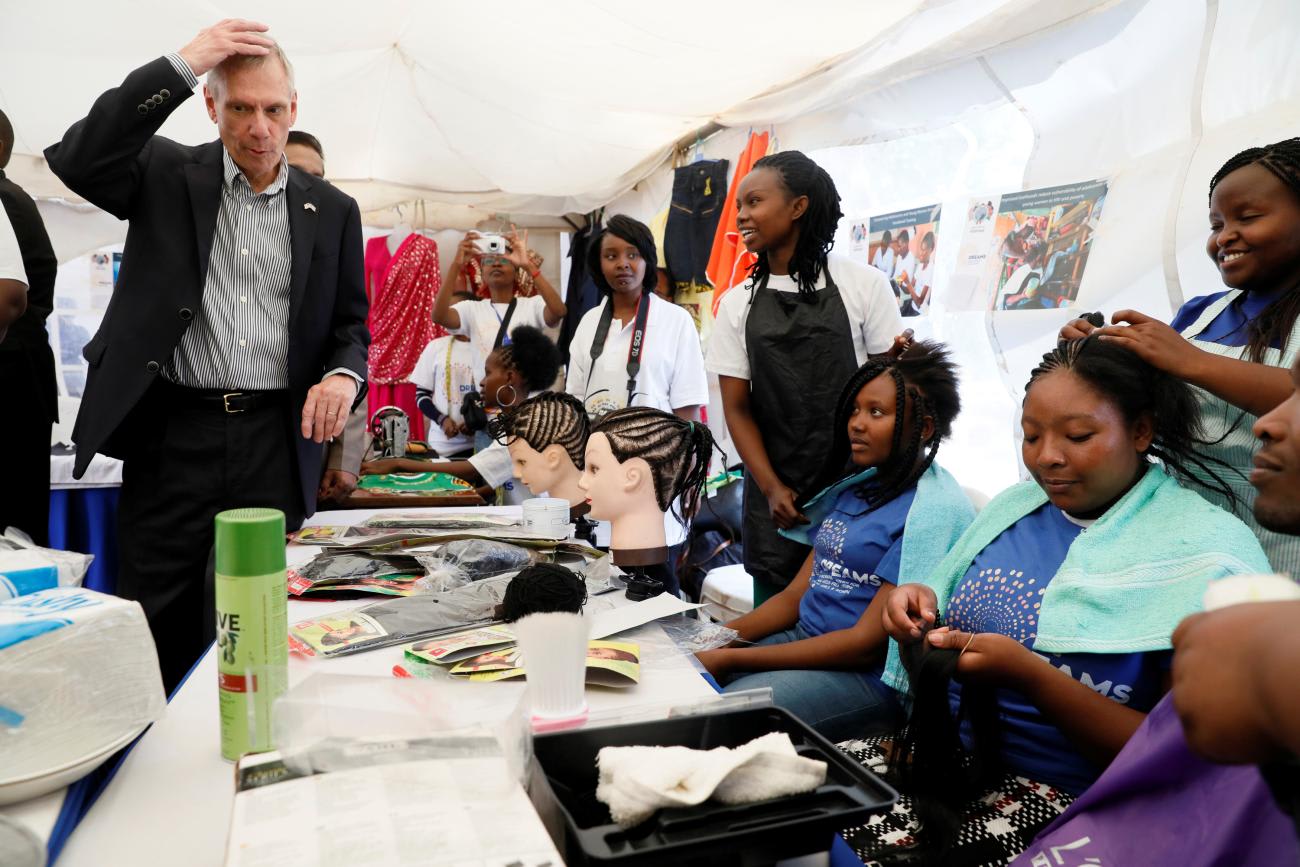
In the reauthorization controversy, PEPFAR's defenders continue to make geopolitical claims about it. For example, the Washington Post quoted Senator Robert Menendez (D-NJ) stating that PEPFAR "helps us in a continent where China is all over the place."
Chinese and Russian influence in Africa, however, grew during PEPFAR's heyday. Attempts by the Trump and Biden administrations to transform the U.S. strategic approach to Africa to counter gains by great-power rivals indicate that PEPFAR did not deliver soft power that was geopolitically meaningful. China and Russia have made political, economic, military, and ideological inroads in Africa without doing anything like PEPFAR — a program that has spent most of its $110 billion in African countries. In that sense, PEPFAR does not compare well against the geopolitical benefits the Marshall Plan yielded for the United States.
PEPFAR Lost?
U.S. policymakers have discussed the need for PEPFAR to change for many years, including whether to shift the plan from an emergency to a development program or use it to bolster pandemic preparedness after the COVID-19 crisis. The State Department's latest PEPFAR strategy and new Bureau of Global Health Security and Diplomacy signaled that the next phase of PEPFAR's role in U.S. foreign policy was about to begin.
The reauthorization controversy has blown open the PEPFAR reform debate in ways that force a divided Congress to play the decisive role in how the plan evolves. Proposals from anti-abortion advocates to reauthorize PEPFAR for one rather than the usual five years to postpone the reckoning until after the 2024 elections indicate that partisanship about PEPFAR is not an ephemeral phenomenon.
In that sense, PEPFAR's future could increasingly exhibit the divisiveness now hurting U.S. policymaking on other global health problems, especially pandemic preparedness and climate change. What made PEPFAR special in the past may no longer define its future. What PEPFAR becomes will, however, be seminal for the future of U.S. foreign policy on global health.

